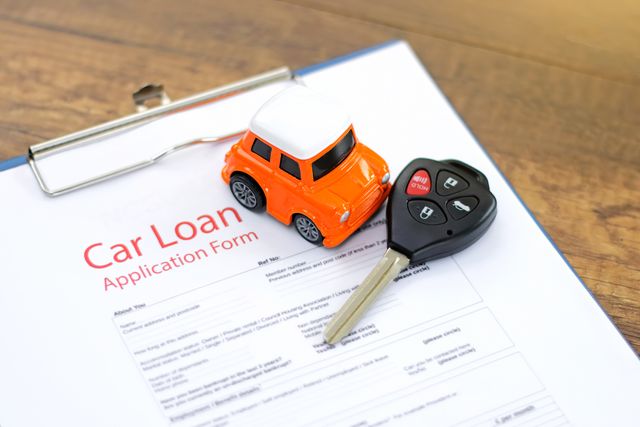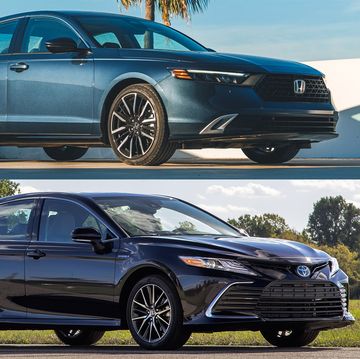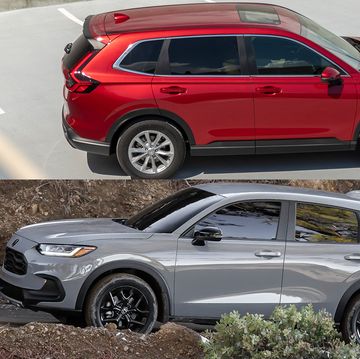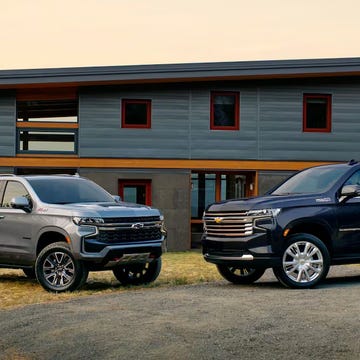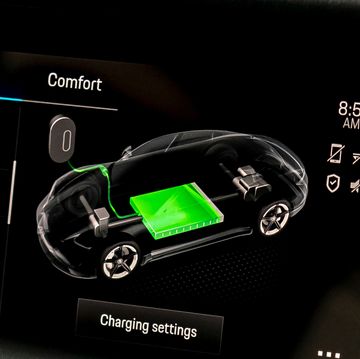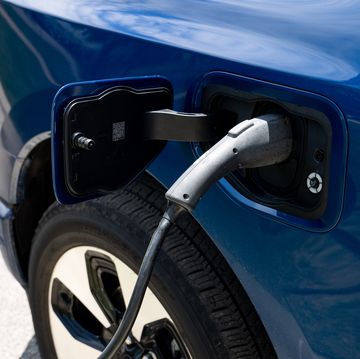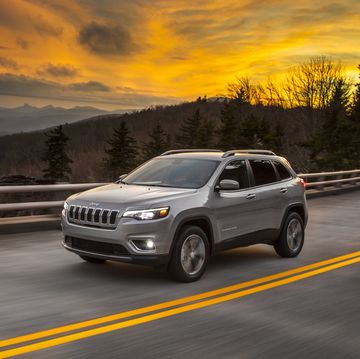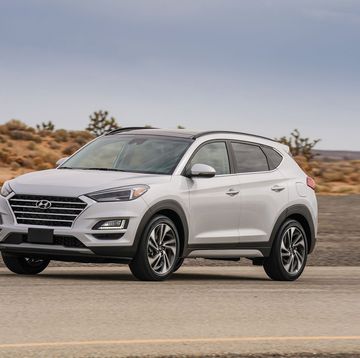Most people can't afford to buy a brand-new car outright. This means that the majority of us need to take out a car loan for at least a portion of the cost. So how do car loans work? Understanding all of the conditions of your car loan is vital in making sure you know exactly what you're getting into. You don't want to be surprised by hidden fees and costs associated with your loan.
A car loan is the agreement between you and a lender that says they will give you the money to buy a car. In return, you'll pay them back with interest in an agreed upon period of time. Some of the key terms you need to know before you sign any loan documents are:
- Down payment
- Interest rate
- Loan term
Having the right knowledge will ensure that you get the best car loan possible. Most people spend more time deciding what type of vehicle they want to buy but wait until they get to the dealership to contemplate their financing. This is a big mistake that you should avoid because finding the right financing is just as important as finding the right vehicle. You should also note, says U.S. News & World Report, the lender will hold the title to your vehicle for the entire duration of the loan, so the sooner you pay back your loan, the sooner you truly own your vehicle.
How the Down Payment Affects Your Loan
While it is possible to buy a new or used car with no money down, it's not recommended. According to The Simple Dollar, car dealers are willing to overlook a down payment, but it could end up costing you a huge amount in interest. The down payment is the amount of money you can spend out of pocket on your new vehicle, and the more you can come up with, the better off you will be. Your loan will be taken out on the amount you need to borrow, minus your down payment.
For example, if you want to buy a vehicle that costs $35,000, and you have $5,000 to put as a down payment, you will need a loan for the other $30,000. So the more money you have for a down payment, the less your principal will be. The Simple Dollar also tells us that the higher the amount put as a down payment, the lower your overall monthly payment is going to be.
Additionally, many people will refinance their car loan soon after getting one. By doing so, you may be able to get a better deal from another lender. This could potentially save you a lot of money on your monthly bill. If your credit score has improved at all since you initially took out your car loan, refinancing might be beneficial as well.
What Is an Interest Rate?
Understanding what an interest rate is and how it will affect your auto loan is important. The Balance defines an interest rate as the percentage of principal charged by the lender on the money you've borrowed. They tell us that the principal is the total amount that you borrowed. If you owe the lender $30,000, as in the example used above, you will be paying your interest rate based on this amount. This is how lenders cover their costs and make a profit. Lenders will calculate your interest rate based on a variety of factors which may include:
- Credit score
- Credit history
- Loan term
- Down payment
- Type of vehicle
You'll also find that interest rates can be determined by either using simple or precomputed calculations. With simple interest, it's about the amount you owe when your car loan payment is due, which means the interest you owe could decrease if you pay more than the amount due each month. On the other hand, with precomputed interest, the interest is calculated in advance. So paying more won't decrease the amount you pay in interest with this type of calculation.
Knowing how the interest on your car loan is calculated will help you understand where your monthly payments are going. You can then decide whether paying more each month will benefit you in regards to how much interest you're paying overall.
What Are Car Loan Terms?
Getting a car loan isn't just about how much you can afford to spend each month. You also need to consider how long you want to make these monthly payments. A car loan term, explains badcredit.org, is how long it will take you to pay back the money you owe to the lender. These terms can run anywhere from three to six years but can be longer or shorter.
The term will always be expressed as a number of months, such as 36 months or 72 months. Car loan terms used to be much shorter, but as the price of new vehicles goes up, the length of auto loan terms also increases. Seeing terms for 60 to 72 months is not uncommon. Having a shorter term on your car loan will mean higher payments, so people often think that a longer term is better. However, Bank of America shares that this is not always true.
According to Bank of America, extending your auto loan lowers your monthly payment, but increases the amount of interest you pay in the long run. This means that a 60-month term could end up costing you hundreds of extra dollars in interest by the time you pay it off in full. Not to mention that, as your vehicle ages, it will have more problems and be worth less money. Keep this in mind when deciding what terms you want for your car loan.
In general, longer loans are riskier for lenders. This will be reflected in the interest rate they charge you. So, getting the shortest possible loan terms is always recommended.
Make sure you know exactly what you're getting into before you apply for your car loan. Understanding these terms will ensure there are no surprises when you get your first bill.
Information and research in this article verified by ASE-certified Master Technician Duane Sayaloune of YourMechanic.com. For any feedback or correction requests please contact us at research@caranddriver.com.
Sources:
https://cars.usnews.com/cars-trucks/how-to-finance-a-car
https://www.thesimpledollar.com/loans/auto/auto-loans-guide/
https://www.thebalance.com/car-loans-4073341
https://www.badcredit.org/how-to/how-does-an-auto-loan-work/
https://www.bankofamerica.com/auto-loans/how-car-loans-work/
https://www.caranddriver.com/news/a15342247/how-to-get-the-best-rate-on-an-auto-loan/
https://www.caranddriver.com/news/a29831248/americans-not-researching-auto-loans/
